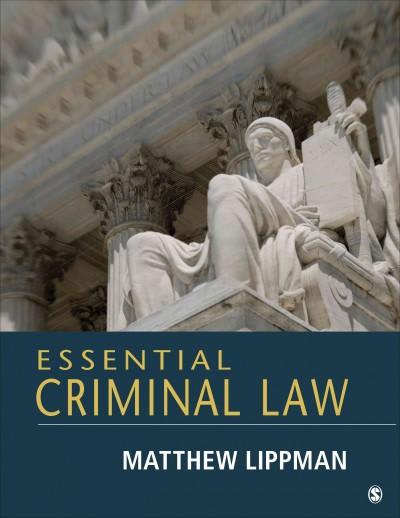Question
QUESTION 1 Under the Fair Debt Collection Practices Act, a collection company is legally permitted to a.call the debtor at any time of the day.
QUESTION 1
Under the Fair Debt Collection Practices Act, a collection company is legally permitted to
a.call the debtor at any time of the day.
b.call acquaintances of the debtor to tell them that the consumer is in debt.
c.call the debtor even if the debtor has requested in writing that he or she wishes no further contact.
d.visit the debtor at work if the consumer's employer permits such contact.
QUESTION 2
The "business judgment rule" has been replaced by "good faith statutes" in most states.
True
False
QUESTION 3
Matt, a shareholder, can run for director by simply placing his name on the company's proxy statement.
True
False
QUESTION 4
Under the Truth in Lending Act, a lender must disclose all of the following EXCEPT
a.the annual percentage rate (APR).
b.the average percentage rate charged by competitors.
c.the total of payments.
d.the finance charge.
QUESTION 5
An employer cannot request a consumer report on a potential employee without that person's permission.
True
False
QUESTION 6
The issue in thePOM Wonderful, LLCv.FTCcase involved
a.the type of evidence necessary to support health claims in advertisements.
b.violation of the Magnuson-Moss Warranty Act.
c.violation of the Fair Debt Collection Act.
d.the legality of the Consumer Product Safety Act of 1972
QUESTION 7
A proxy is a vote that is mailed in, like an absentee ballot.
True
False
QUESTION 8
"Bait-and-switch" tactics are not a violation of FTC rules if the merchant does not have enough stock on hand to meet reasonable demand for the advertised product.
True
False
QUESTION 9
Consumers may keep as a gift any unordered merchandise that they receive in the mail.
True
False
QUESTION 10
MoneyMaker Toy Company violated the safety standards set forth by the Consumer Product Safety Commission when it produced a toy gun that caused injury to hundreds of children. Because of MoneyMaker's actions
a.the CPSC can impose civil penalties on the company.
b.the CPSC can impose criminal penalties on the company.
c.users can sue for damages, including attorney's fees, if MoneyMaker knew it was violating a consumer product safety rule when it produced the guns.
d.All of these are correct.
Step by Step Solution
There are 3 Steps involved in it
Step: 1

Get Instant Access to Expert-Tailored Solutions
See step-by-step solutions with expert insights and AI powered tools for academic success
Step: 2

Step: 3

Ace Your Homework with AI
Get the answers you need in no time with our AI-driven, step-by-step assistance
Get Started


